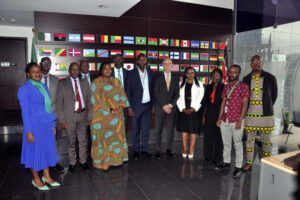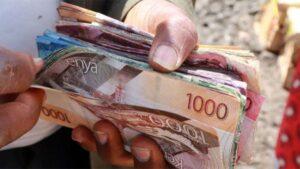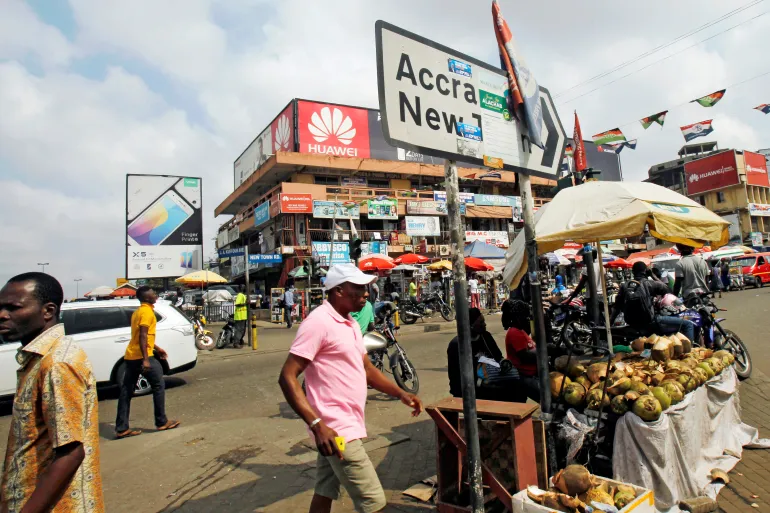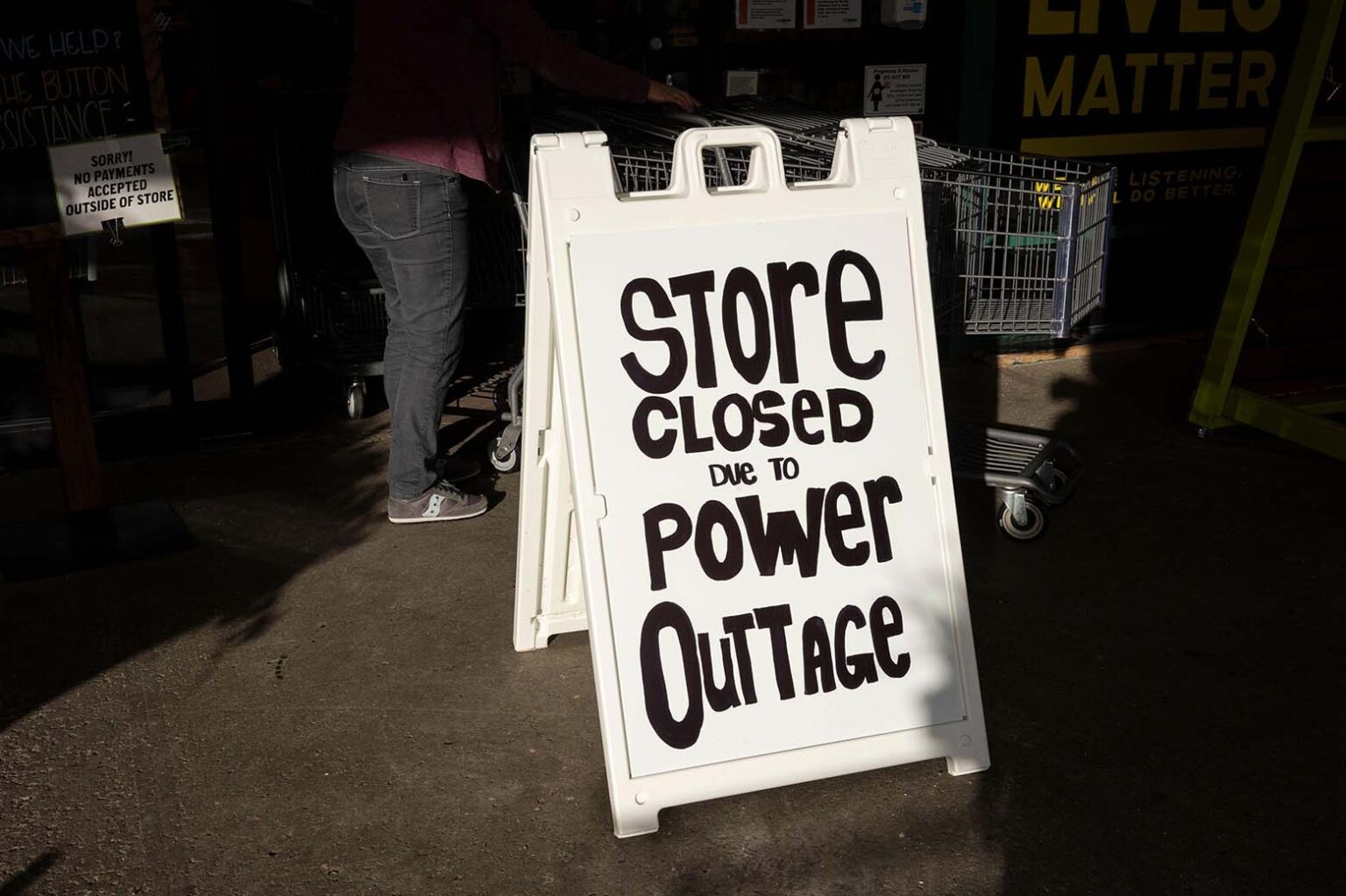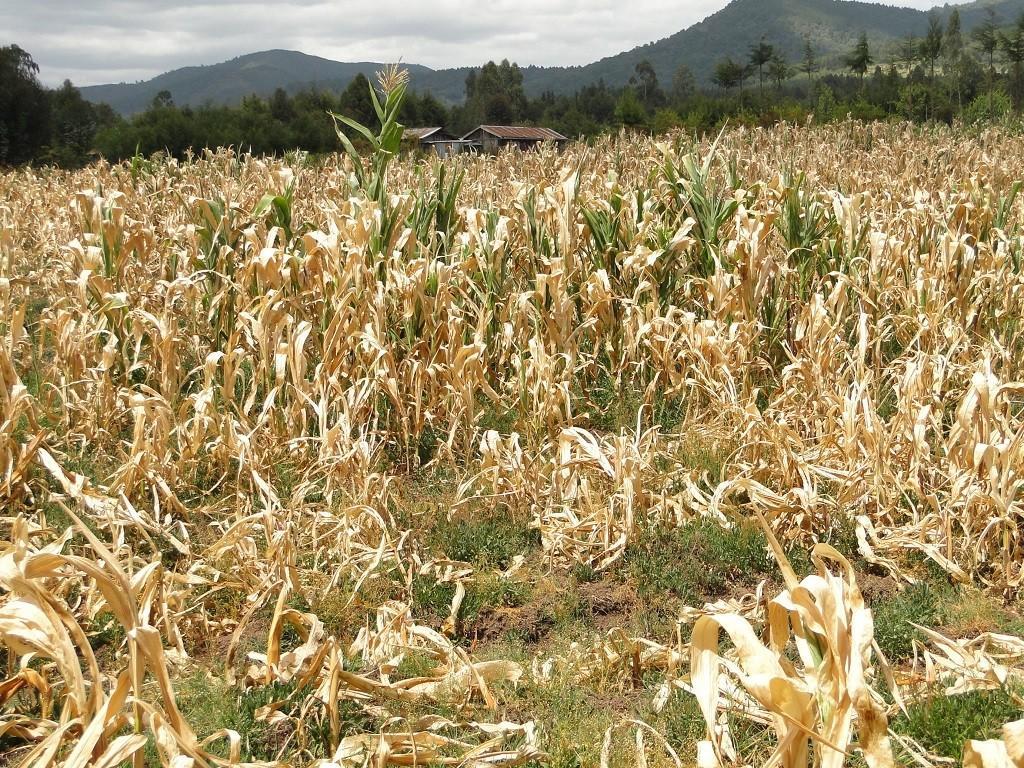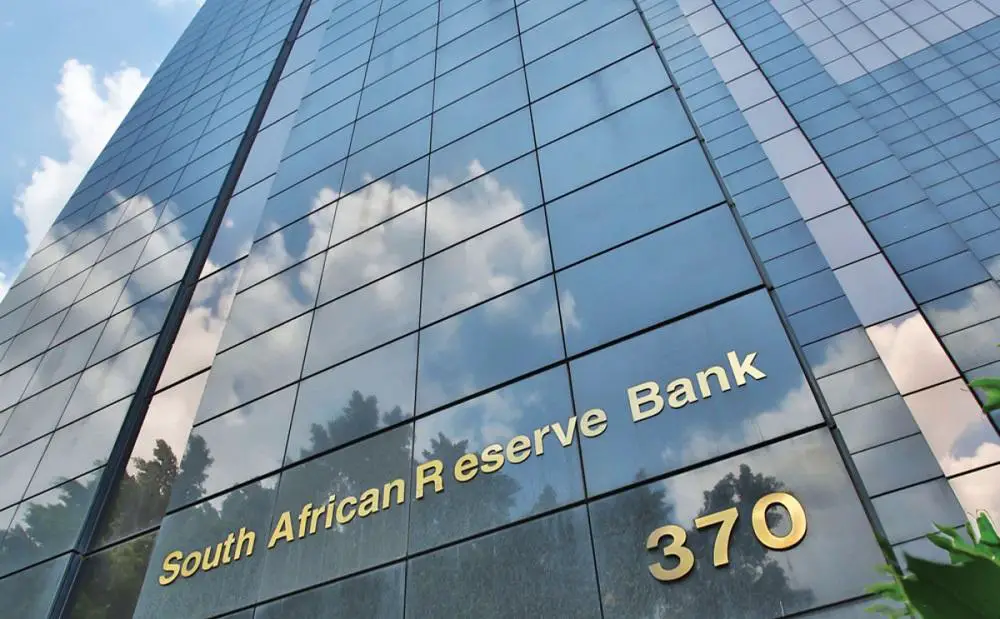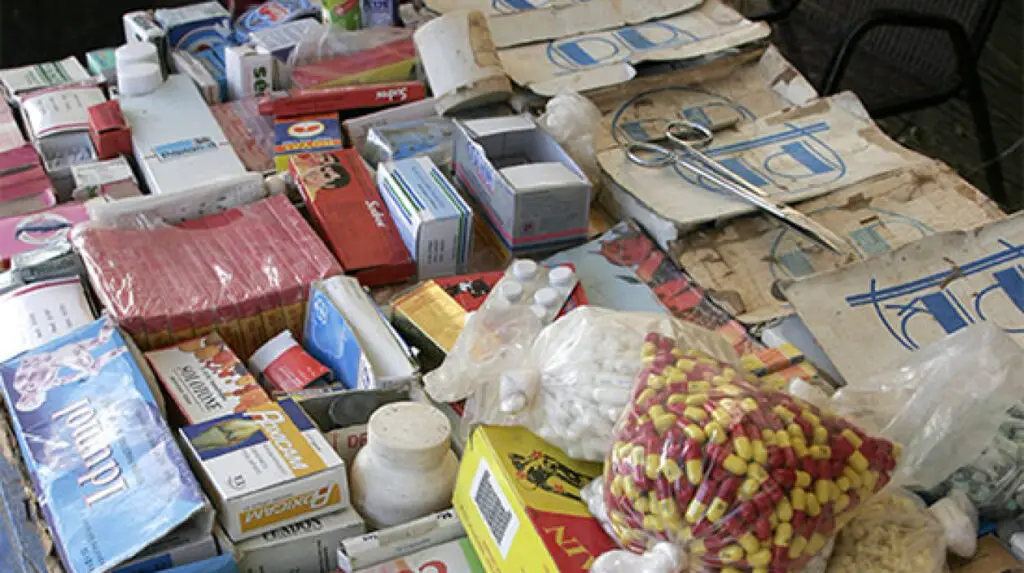- Kenyan Farmers Receive $2M Boost from Africa Fertiliser Financing Mechanism
- Brace for High Interest Rates for a Longer Period World Bank Warns Kenya
- Kenya-Ethiopia Trade Relations: Legislators Advocate for Policy Alignment to Boost Ties
- Visualising the state of debt in Africa 2024
- Abu Dhabi radiates optimism as over 300 startups join AIM Congress 2024
- TLcom Capital Raises $154 million in Funding to Boost Its African Growth
- Africa’s $824Bn debt, resource-backed opaque loans slowing growth — AfDB
- LB Investment brings $1.2 trillion portfolio display to AIM Congress spotlight
Author: Maingi Gichuku
Maingi Gichuku is passionate about helping African businesses grow by offering technology solutions. With a BSC in Zoology and biochemistry, Gichuku yearns for an Africa that can find solutions to its challenges. My drive is to see an economically dynamic Africa and embrace its populations by creating opportunities cutting across the social and economic strata.
- Despite Ghana’s economic woes, Fitch Solutions maintains a 2.9 per cent GDP growth for 2023. The IMF and the World Bank project growth rates below 2.0 per cent.
- The IMF estimates that public debt will remain at 87.8 per cent of GDP in 2023 and 89.2 per cent of GDP in 2024
- Ghana can enhance downstream value-added activities, stabilise petroleum prices, create jobs in the refining industry.
Ghana, previously known as one of Africa’s fastest-growing economies, has encountered obstacles to its growth trajectory due to the economic downturn caused by falling oil prices and the Covid-19 pandemic. This trend has continued to evolve, with economic growth slowing down to 3.6 per cent of GDP in 2022 amidst the global economic shock resulting from the Russia-Ukraine war.
The International Monetary Fund (IMF) estimates that GDP growth is expected to further decrease to 2.8 percent in 2023 before rebounding to 3.9 percent …
- Energy experts project that South Africa requires injection of no less than 6,000MW to keep industry lights on.
- The country’s severe power crisis is expected to persist until 2025. Experts say a five-year timeline is needed to overcome power outages.
- This year’s GDP will further decline to 1.2% from 2.3% in 2022, and there is a 45% chance of recession largely due to electricity crisis.
An ominous cloud hangs over South Africa economy, which dodged recession in the three months to March, as experts say the roiling electricity crisis will persist until 2025. As if that is not enough bad news to the industry, it will take about five years to eliminate power outages in the country.
Currently, South Africa is paying a huge price following utility, Eskom’s overreliance on ailing coal power plants to supply electricity. These coal power plants account for over three quarters of South Africa’s electricity …
- Applicants must be under 35 years of age and pursuing undergraduate or postgraduate studies in energy-related fields.
- In addition to the scholarship, recipients will get substantial financial support ranging from US$5,000 to US$10,000
- Africa’s energy industry promises to bring tremendous prospects for economic expansion and environmental sustainability.
Students across Africa studyng oil, gas and energy-related studies can now access financial boost from the AEC African Energy Education Fund. The annual initiative will provide assistance to aspiring young individuals from across Africa, who are pursuing undergraduate studies.
At the moment, Africa is experiencing remarkable progress in the realms of gas and renewable energy. The industry promises to bring tremendous prospects for economic expansion and environmental sustainability.
AEC African Energy Education Fund targets students
The scholarship fund acknowledges the significance of seizing these opportunities and empowering the upcoming generation with the requisite expertise.
AEC African Energy Education Fund will be extending
The South Sudan Oil & Power (SSOP) 2023 summit will emphasizes the partnership between South Africa and South Sudan. Scheduled for 14 to16 June in Juba, the 6th edition of the SSOP will include the African Energy and Mining Business Forum. The summit will highlight the collaborative relationship between South Africa and South Sudan.…
- The Horn of Africa has been grappling with the most severe drought in 40 years since late 2020.
- Rain-fed agriculture in parts of Kenya, Ethiopia, and Somalia worst hit as harvests drop to 70 percent of normal standards.
- A United Nations-backed conference raised $2.4 billion on May 24th to address famine in the Horn of Africa.
The worst drought in a-half-century is causing severe economic hit on economies in the Horn of Africa. This is due to the economies’ heavy reliance on agriculture, and other climate-vulnerable resources.
Drought has led to reduced rainfall and water, severely reducing agricultural production. Crops failed, and pasturelands dried up. As a result, millions of heads of livestock died due to a lack of water and fodder. Millions of farmers are experiencing significant crop losses and decreased livestock productivity. Consequently, huge populations are grappling with thinning incomes and food shortages.
Agricultural losses, food insecurity
Rain-fed …
- Mozambique has been given two years to improve Anti-Money Laundering Framework or face bans on international financial transactions.
- Mozambique was placed on the grey list of the FATF for non-compliance with anti-money laundering and terrorist financing.
- If Mozambique fails to comply with the FATF standards, it will be backlisted under non-cooperative countries and territories (NCCTs).
The Financial Action Task Force (FATF) has given Mozambique two years to improve its framework to prevent and combat money laundering and terrorist financing. Authorities in Maputo will suffer wide sweeping bans in international financial transactions if they fail. Currently, policymakers in the country have their feet on the gas pedal, sealing leakages in Mozambique’s financial flows.
Under pressure, the government has set up an executive committee led by Luís Cezerilo to seek Mozambique’s removal from Grey List. The listing has placed the country among the most vulnerable to crimes of money laundering and terrorism …
- For South Africa, there may be no growth in 2023. Indeed, the country is likely to have slumped into a technical recession in Q1 2023.
- Absa Group survey shows South Africa’s power cuts are hitting the manufacturing sector hard.
- A sustained drop in factory output may result in job losses, eroding the economy further.
South Africa’s manufacturing activity continued to contract in April, albeit at a slower pace than in the preceding two months. The seasonally-adjusted Absa Purchasing Managers’ Index (PMI) hit 49.8 points in April 2023, up from 48.1 points in March. It, however, remained below the critical 50-point mark for the third straight month, indicating contraction in the sector.
This modest improvement was attributed to companies building up their inventories. Absa noted that the manufacturing sector faced yet another challenging month in April, with power cuts hindering output.
Eskom, the struggling state-owned utility, has imposed almost daily electricity …
- A number of the proposals in the Bills are aimed at broadening the tax base by bringing income that was previously untaxed or exempt into the scope.
- The Uganda Revenue Authority (URA) before Parliament’s Committee on Finance, the government expects to collect US$7.72 billion (UGX29 trillion) from domestic tax revenue in the next financial year 2023/2024 (FY20233/24) from both existing and new tax policy measures.
- The Income Tax (Amendment) Bill 2023 is now proposing to introduce a separate direct tax in the form of a digital services tax (DST) on Facebook, Netflix, Zoom and other digital platform.
Uganda has released the Tax (Amendment) Bill for the financial year 2023/2024. These proposals have been tabled before Parliament, and if passed into law, they will take effect on July 1. As a business owner or investor in Uganda, it’s essential to understand what these tax proposals mean for your business.
A
- South Africa’s major banks have increased their provisions for bad debt, signaling the challenging effects of higher interest rates on consumers and the start of a terrible phase of the credit cycle.
- The repo rate has risen by a cumulative 425 basis points, making it more expensive for consumers to finance their debt, particularly those with long-term loans such as mortgages and vehicle loans.
- This ongoing burden of debt is a significant source of stress for families, with 51 percent of South African parents experiencing financial strain affecting their family life.
South Africa’s major banks increased their provisions for bad debt, underscoring the challenging effects of higher interest rates on consumers and the start of a more difficult phase of the credit cycle.
Despite the banks’ profitable lending activities and the impact of higher interest rates, consumers have been struggling to cope with the cumulative repo rate hikes since November …
- Price point remains a key magnet for fakes across East Africa. Counterfeit products are often cheaper than their genuine counterparts, making them easy picks for people shopping for a bargain.
- Some of the most counterfeited products in the region include pharmaceuticals, pesticides, electronics, cosmetics, alcohol, and cigarettes.
- According to the East African Business Council, counterfeit products, primarily fast-moving consumer goods, are costing East African states between US$500 million and US$1 billion per year.
Counterfeiting sticks like a sore thump or a bad hangover causing a big headache for governments and policymakers across East Africa as rising number of products including pesticides, cigarettes, and alcohol become deeply affected by the menace.
Some of the most counterfeited products in the region include pharmaceuticals, electronics, cosmetics, liquor, and cigarettes. Other products that are often counterfeited are clothing, shoes, and accessories, as well as automobile parts such as batteries.
The illegal trade of …
